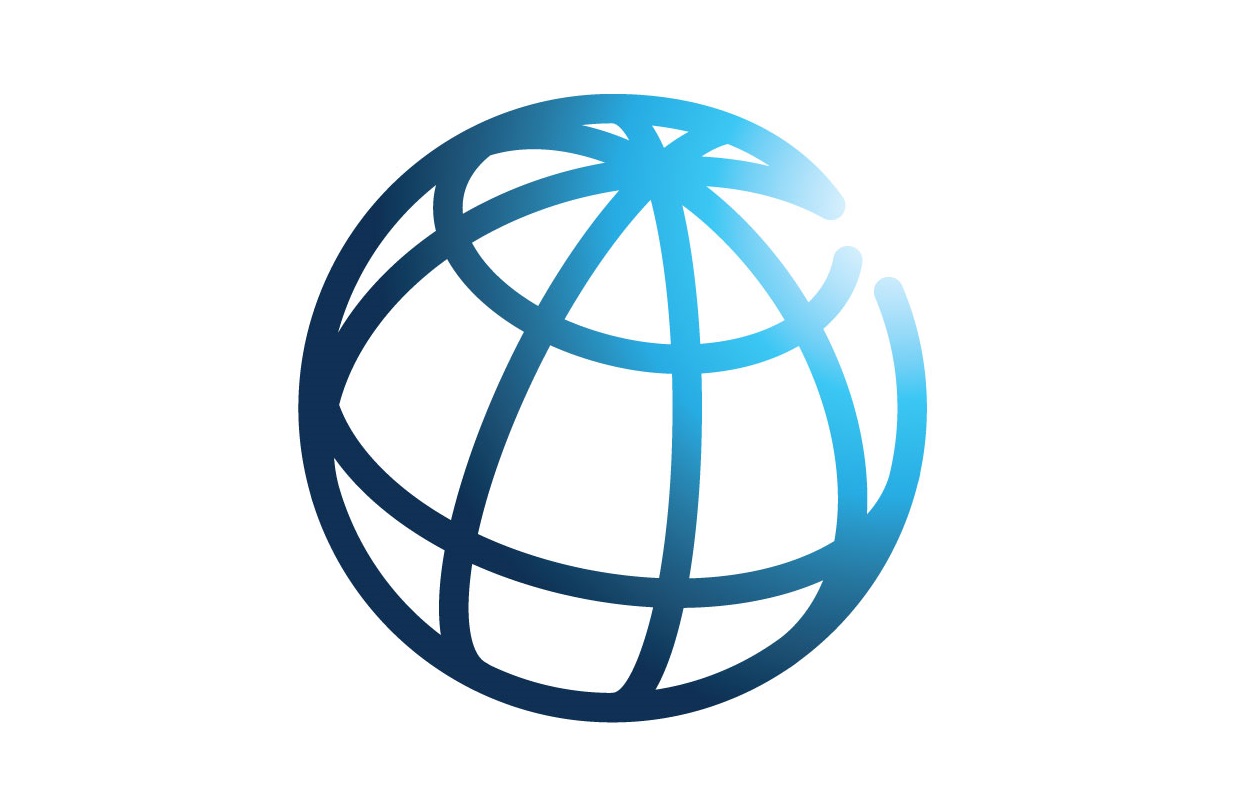DUSHANBE, Tajikistan, September 24. Non-monetary welfare and access to essential public services in Tajikistan have seen notable improvements in recent years, especially in water, sanitation, electricity, and mobile phone access, Trend reports via the World Bank (WB).
According to the WB, among poor households, access to improved water sources rose from 79 percent in 2021 to 94 percent in 2022, stabilizing at around 90 percent in 2023. Similarly, access to improved sanitation increased significantly from 75 percent to 98 percent during the same period, narrowing the gap with non-poor households. Electricity coverage is nearly universal, but the poor still face more frequent power outages, affecting service quality.
Moreover, mobile phone ownership among poor households also increased sharply, reaching 87 percent in 2023, approaching the 91 percent rate among non-poor households, highlighting the growing importance of digital connectivity for economic opportunities.
However, despite these advances, financial inclusion remains limited. The bank says that less than 1 percent of poor households have access to bank accounts or mobile banking, and overall financial access stands at just 11 percent of the population. Although non-poor households have seen improved financial access, a gender gap persists: in 2023, 17.1 percent of men had access to financial services compared to only 10.6 percent of women.
The WB emphasizes that while progress in public service access is encouraging, further efforts are needed to expand financial inclusion and close persistent disparities across Tajikistan.







